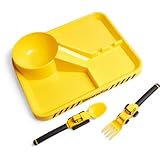Last Updated on September 23, 2023 by ellen
Are you wondering how to reduce food waste due to picky eaters? Check out these tips parents can use to make mealtime easier.
Posts may be sponsored. This post contains affiliate links, which means I will make a commission at no extra cost to you should you click through and make a purchase. As an Amazon Associate I earn from qualifying purchases.
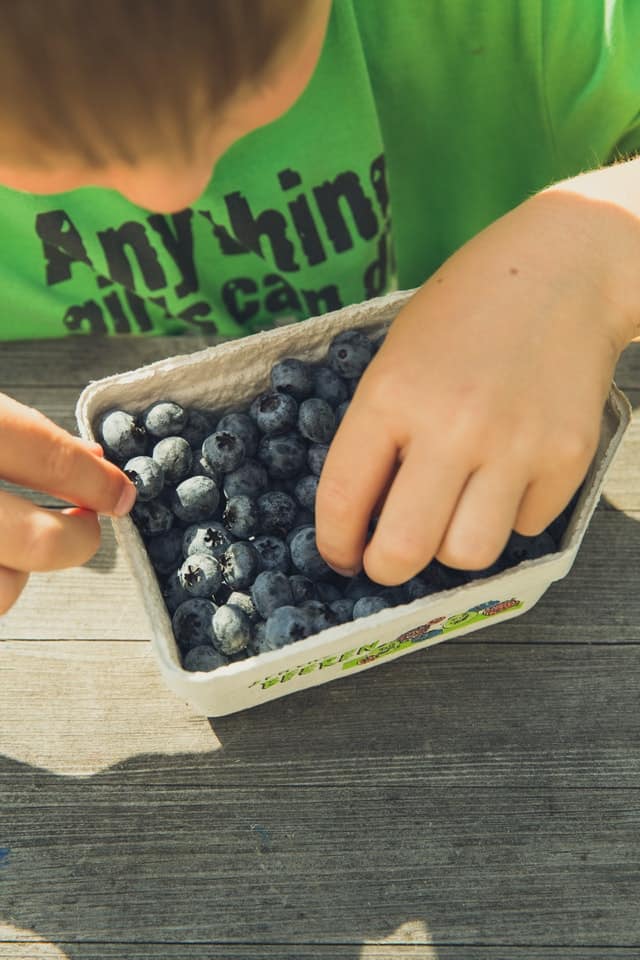
Table of Contents
Reduce Food Waste Due to Picky Eaters
When it comes to teaching children to eat a healthy diet, patience is necessary. Kids may love a food one day and hate it the next.
Some foods may need to be presented 15-20 times before a child takes a liking to it. For pickier eaters, they may need even more tries before accepting an unfamiliar food.
With so many unsuccessful tries, parents may feel like there is a lot of food going in the trash.
How common is picky eating?
A study in the journal Eating Behaviors shows in a group of children up to age 11 that between 13-22 percent of them will be a picky eater. Feeding issues in childhood such as picky eating can have a detrimental impact on a child’s growth, nutritional status, development, physical activity, and mental health.
“Children may be missing out on key nutrients due to picky eating habits,” says Dr. Nimali Fernando, a Fredericksburg, Virginia-based pediatrician who founded The Doctor Yum Project. “The concern may be compounded by the issue of food waste which is often challenging, but necessary when teaching kids good eating habits.
The good news is that there are strategies parents can use address both picky eating and food waste.” Here are a few tips on how to reduce food waste due to picky eaters.
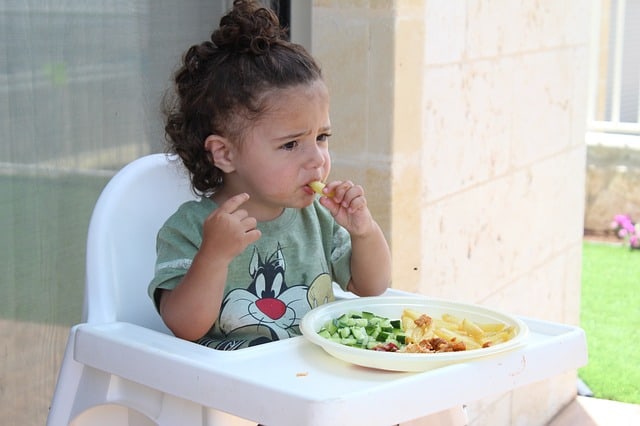
Parents who are trying to help get their child past the picky eating phase may feel like too much is being thrown away. Wasting food may be hard for many of us to take, but can be particularly challenging for those families facing food insecurity.
In fact, 21 percent of American households with children are experiencing food insecurity, which means they may not have access to adequate food because of limited money and resources. Even those parents who are not facing food insecurity may want to keep their food budget in check and avoid wasting food when possible.
What is a family to do when trying to teach kids to eat new foods and also trying to minimize food waste?
This product presentation was made with AAWP plugin.
These strategies can help:
Small bites: Because kids may be reluctant to try a lot of a new food, keep exposures small to reduce the food that will ultimately not be eaten. Kids also will feel less intimidated by one small carrot or one broccoli spear, rather than a larger serving.
Often parents overestimate serving sizes for kids, so start small and if they want extra, that’s a bonus!
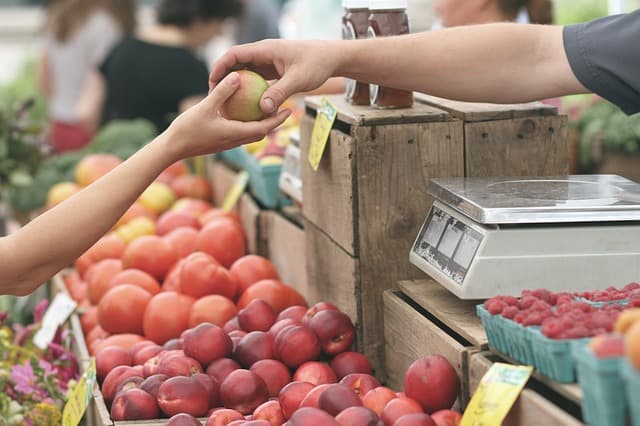
Shop for foods in season
Foods in season bought locally from farmers markets are more likely to be priced affordably and will taste fresh and vibrant. At a farmers market, you may be able to buy smaller quantities that your family can finish more readily.
For picky eaters, ripe fresh fruits and fruits and veggies in season may be more enticing than less flavorful out of season selections and may result in less food waste.
This product presentation was made with AAWP plugin.
Use leftovers
Add fresh chopped veggies or fruits to an empty ice cube tray and cover until the next day. Now you have a healthy snack to nibble and the tiny portions make it fun for kids.
Or, add leftover fruits to a large jug of water left in the refrigerator overnight.
You’ll have refreshing water with a boost of flavor and will save money by skipping bottled drinks at the grocery store. Try cucumber and mint, lemons and oranges, or strawberries and kiwi slices.
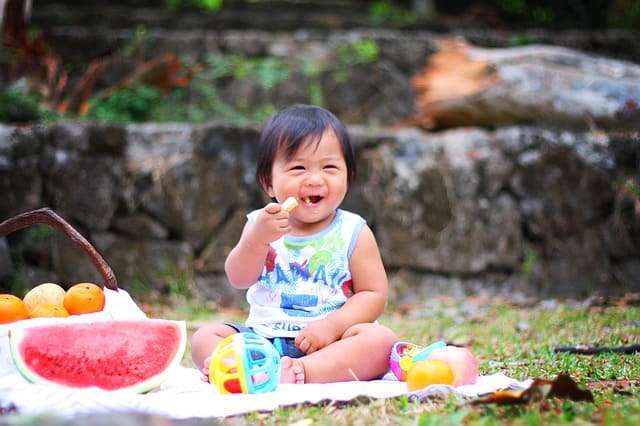
Frozen foods
Buy frozen foods which can be stored for longer quantities. Frozen foods are often affordable and easy to keep while your children are learning to eat them.
A bag of frozen veggies can be used over dozens of exposures and you can take tiny portions out for each night while preserving the rest for later.
This product presentation was made with AAWP plugin.
Give it a rest
Rather than keep trying to give your child the same food over and over, hoping they will take to it, give it a rest. Try a new food for a few days one week and then wait another week before you give it to them again.
Also, try to stick to just one or two new foods at a time, so your child doesn’t feel overwhelmed with a plate of all new items at once.
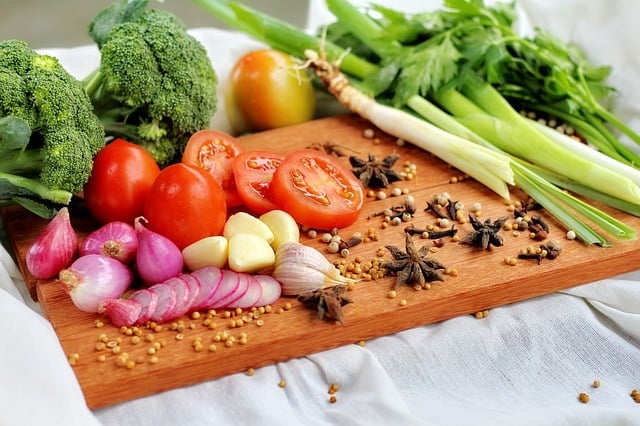
Lead by example
Parents play the most important role in helping children to develop healthy eating habits. An August 2018 study published in the journal American Family Physicians, reports that parents and caregivers are responsible for modeling healthy food choices and dietary practices, which shape children’s food preferences and eating habits.
Parents are role models and children are watching what they do and will often mimic them, including when it comes to eating habits.
This product presentation was made with AAWP plugin.
Plan out Meals
Dr. Yum’s Meal Planner is a great way to plan out meals. Use this free tool to set up your family calendar, then drop in meals based on the time needed to prepare.
Make large portions on nights you have time and hit the “leftover” button to plan for busy nights when there is not time to make a whole meal. Once your week is planned, hit the “Saved Recipes Shopping List” and your list will be sorted by department, making shopping a breeze.
Get your picky eaters to help you plan out meals and find recipes they can make with you. Planning out meals means using more of what you buy and wasting less. Visit recipes.doctoryum.org to find out more.
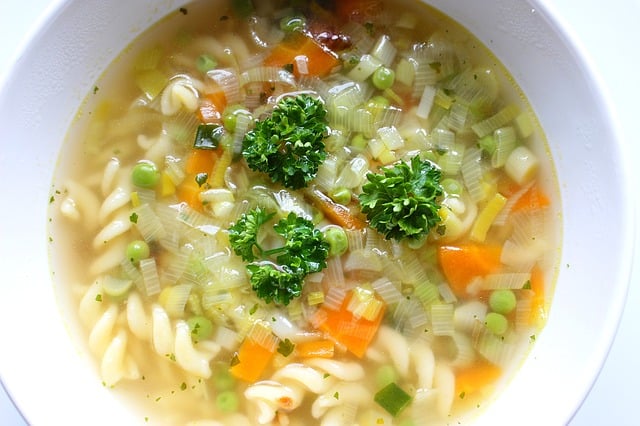
Use Dr. Yum’s Meal Maker Machine
Don’t know what to do with leftover veggies from recipes earlier in the week? Instead of letting them go to waste, visit recipes.doctoryum.org and use their free Meal Maker Machine. Choose a recipe, then plug in the ingredients you have on hand.
Since there are several recipes to choose from you can offer a new food in a variety of ways, a great strategy for picky eaters. Cook leftover peppers into a “Curry in a Hurry” one night, then use them raw in a “Simple Salad” then next and finally simmer them into a “Super Soup” later in the week.
This product presentation was made with AAWP plugin.
Even picky eaters love using the Meal Maker Machine to come up with their own recipe creations!
“Childhood is when most food habits are set, including the types of foods people will eat later in life,” added Heidi DiEugenio, director of the Doctor Yum Project. “Parents play a very powerful role in helping their children to have a diverse palette, as well as learning to eat healthy foods and being more aware of food waste.
It’s never too soon or too late to focus on such important family issues.”

Classes, camps, and more
Dr. Fernando created The Doctor Yum Project, an organization with the mission of transforming the lives of families and communities by providing an understanding of the connection between food and overall health, as well as empowering them with the tools to live a healthy life.
The project offers healthy cooking classes, child nutrition classes, cooking camps for kids, hands-on cooking instruction for families, first foods classes, a teaching garden, and online tools to help families make healthier meals.
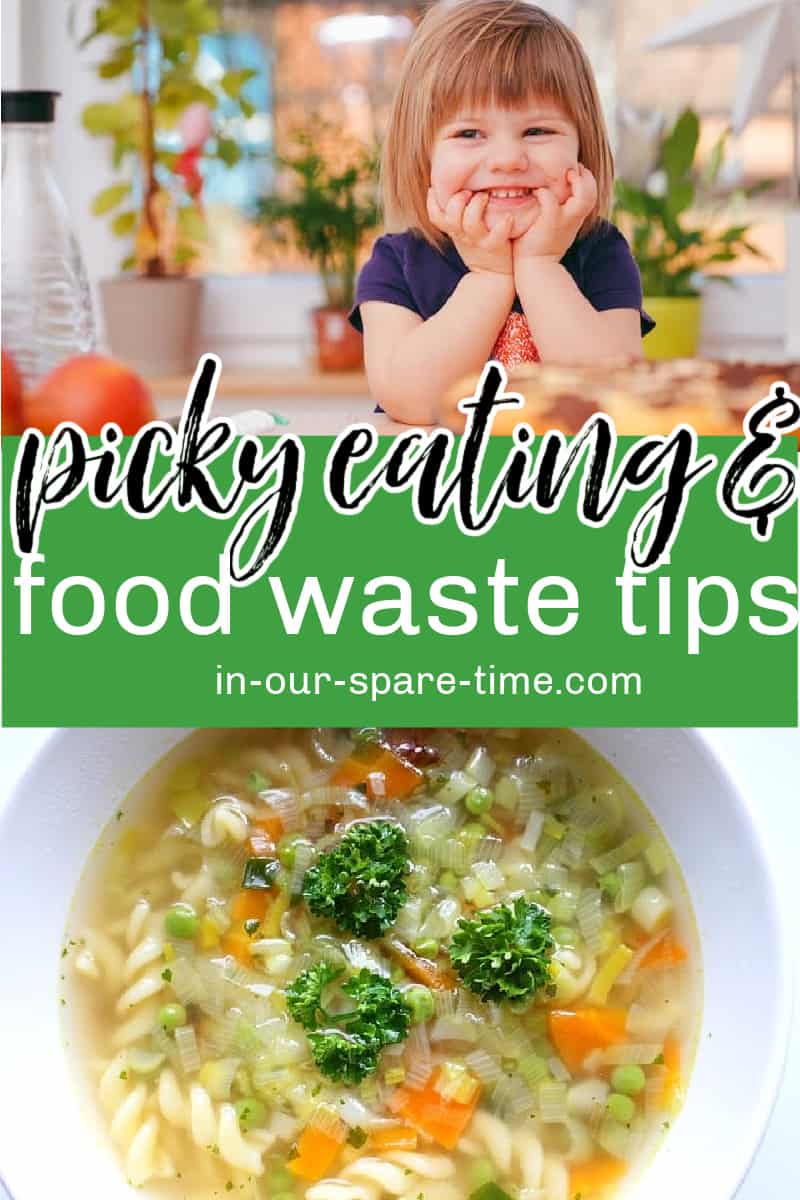
They also offer a preschool nutrition program, with 40 classrooms and almost 600 participating preschoolers.
Dr. Fernando, otherwise known as Dr. Yum, is a board-certified pediatrician. She is also the co-author of the book “Raising a Healthy, Happy Eater: A Parent’s Handbook” (The Experiment, October 2015). To learn more, visit the site at www.doctoryum.org.
You may want to make these power blend popsicles.

About The Doctor Yum Project
Founded by Dr. Nimali Fernando, The Doctor Yum Project is a nonprofit organization that is dedicated to transforming the lives of families and communities by providing an understanding of the connection between food and overall health, as well as empowering them with the tools to live a healthy life.
They offer a variety of community programs to help with those efforts. They are located in Fredericksburg, Virginia, and feature an instructional kitchen and teaching garden for holding classes. To learn more, visit the site at www.doctoryum.org.
- You may want to read Yummy Stories
- Board game organization ideas
- Rootlets Trouble in Plantasyland
- Best vitamins for picky eaters

Ellen is a mom of a 25-year-old son and 30-year-old daughter. She is Grandma to one adorable toddler. In what little spare time she has, she loves to read, watch movies, and check out the latest toys and games.

